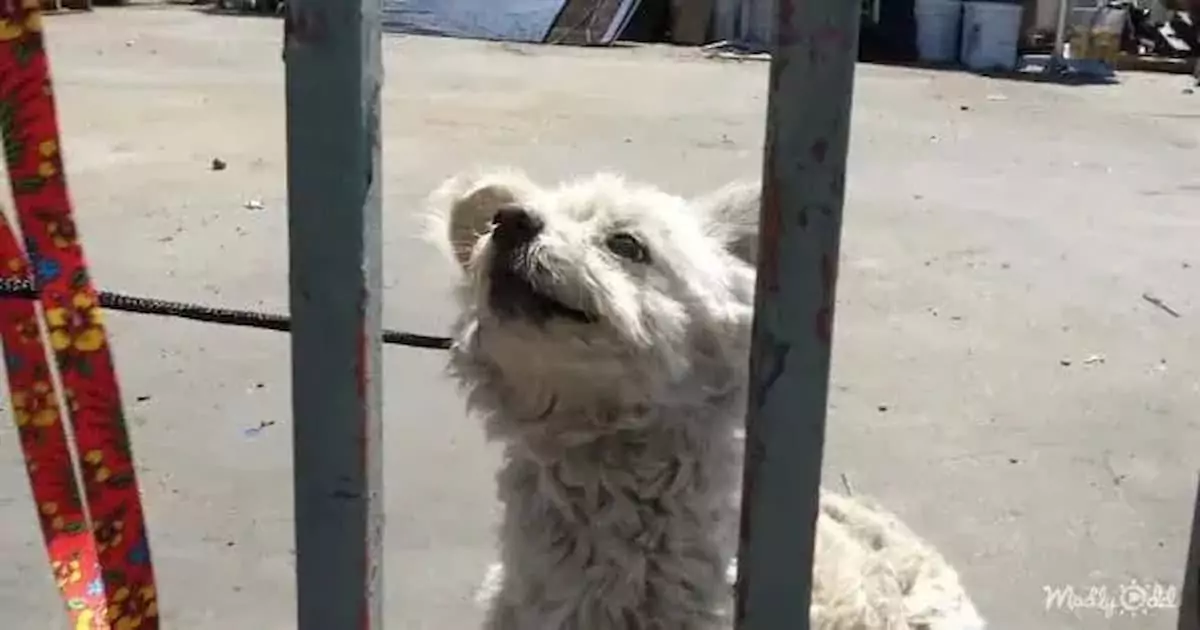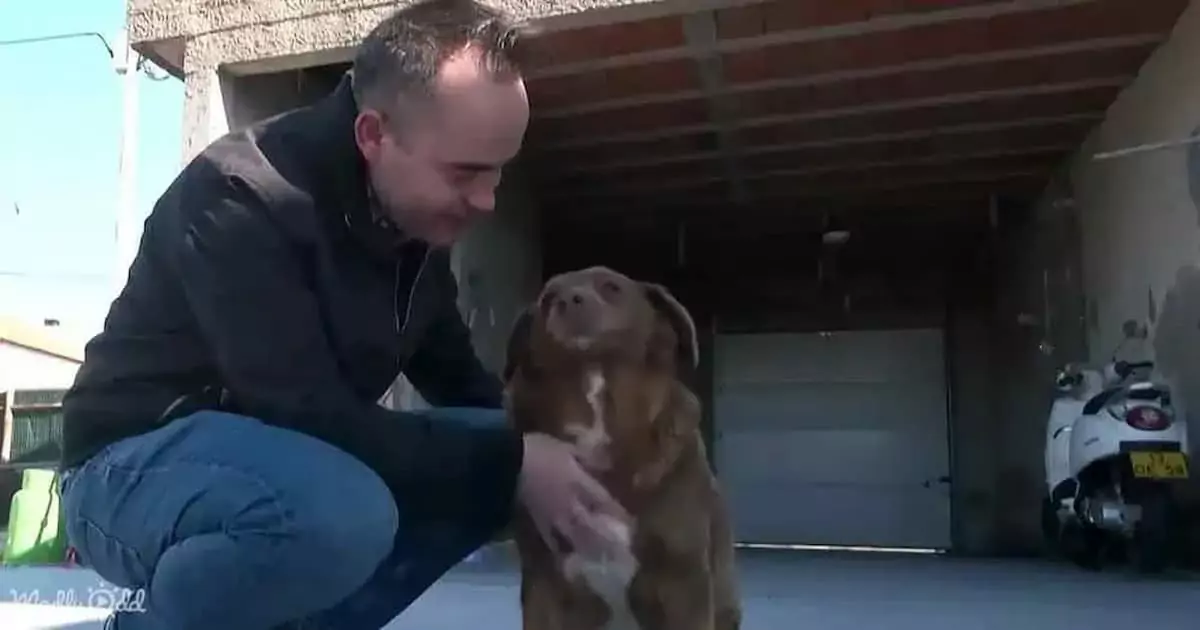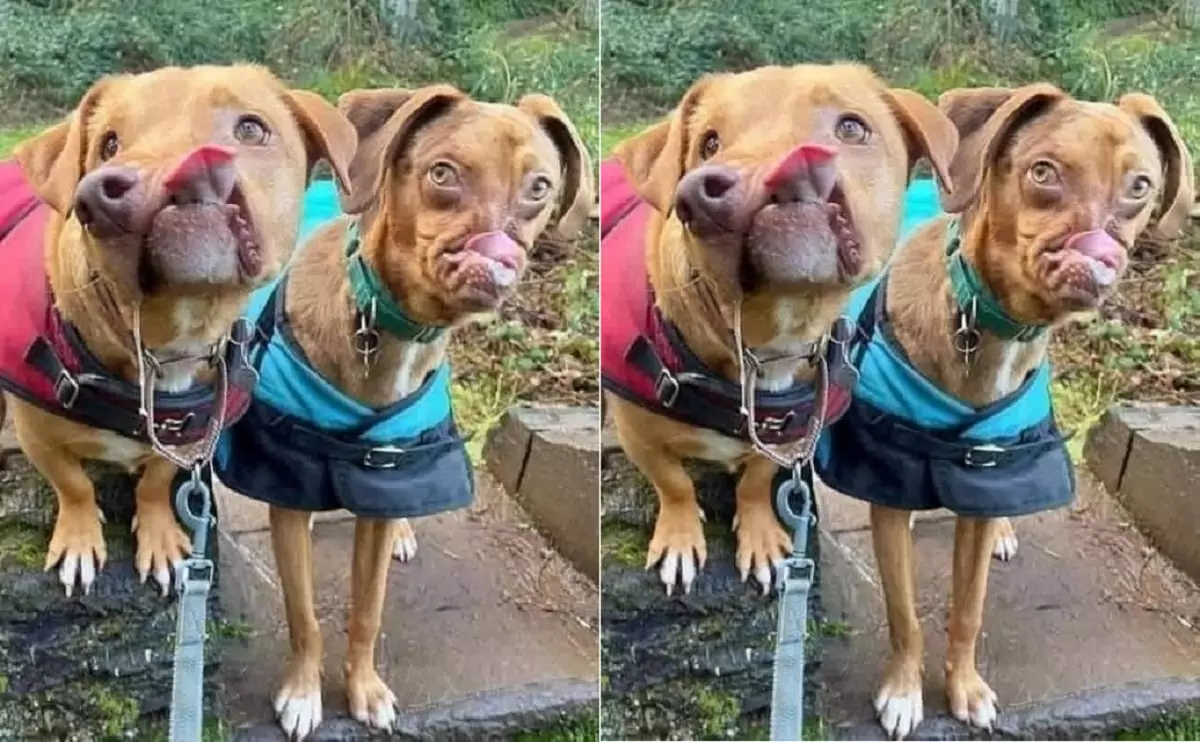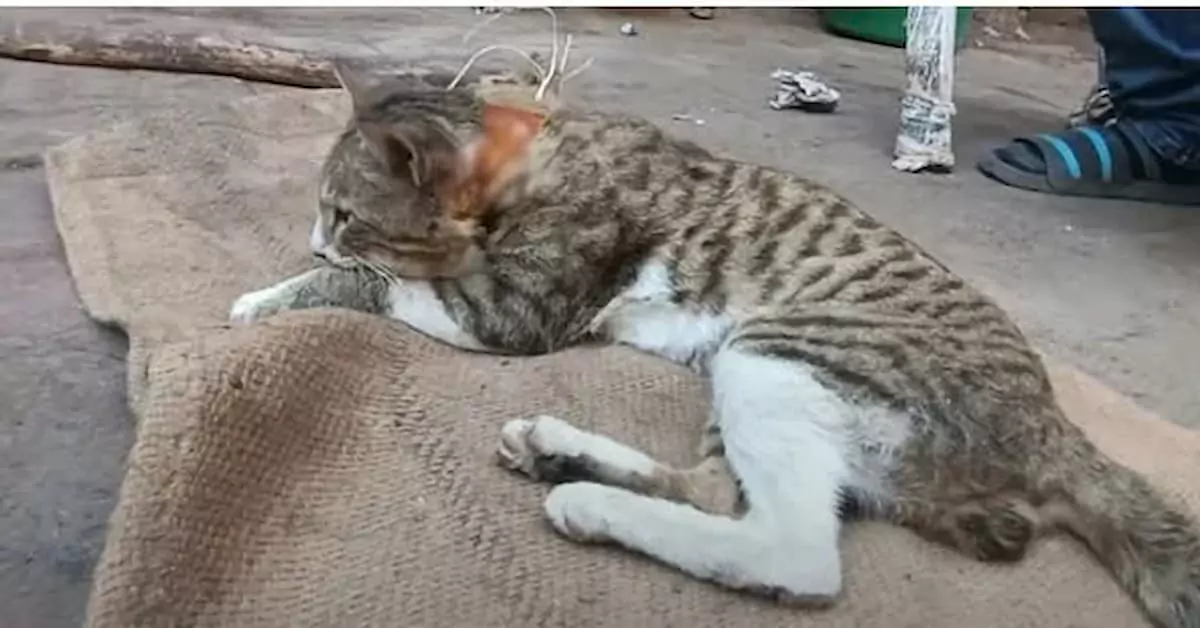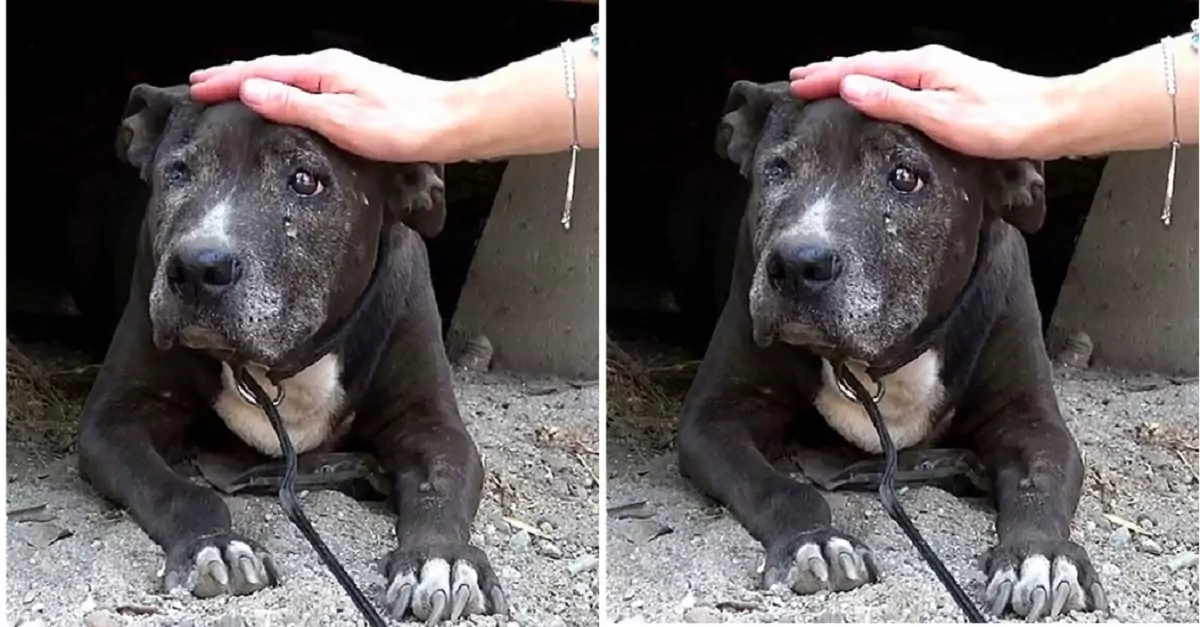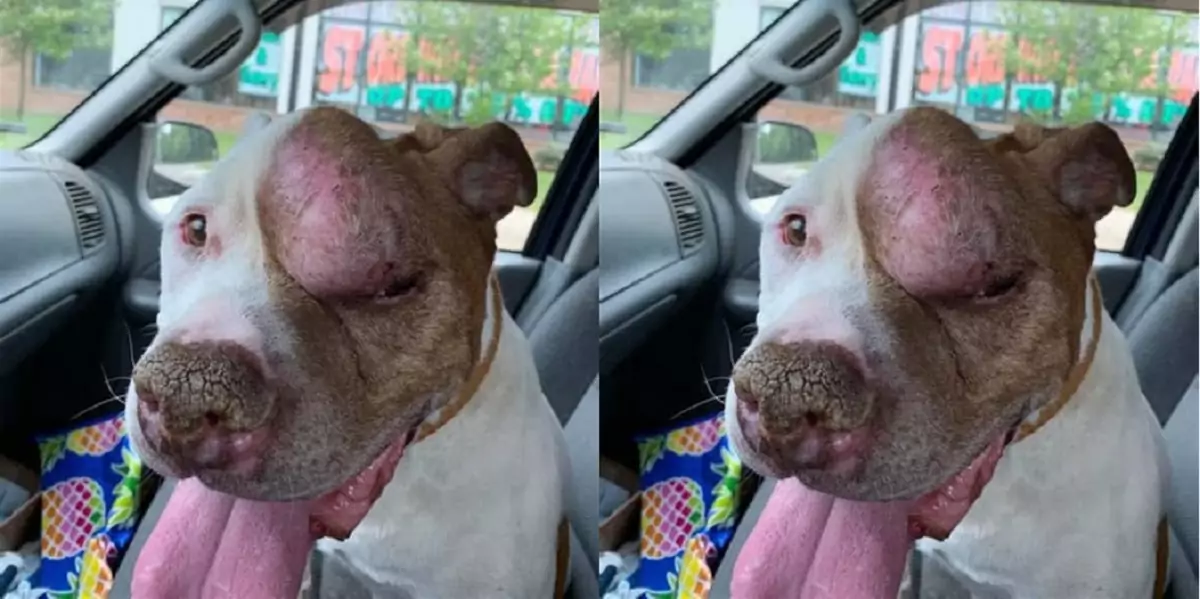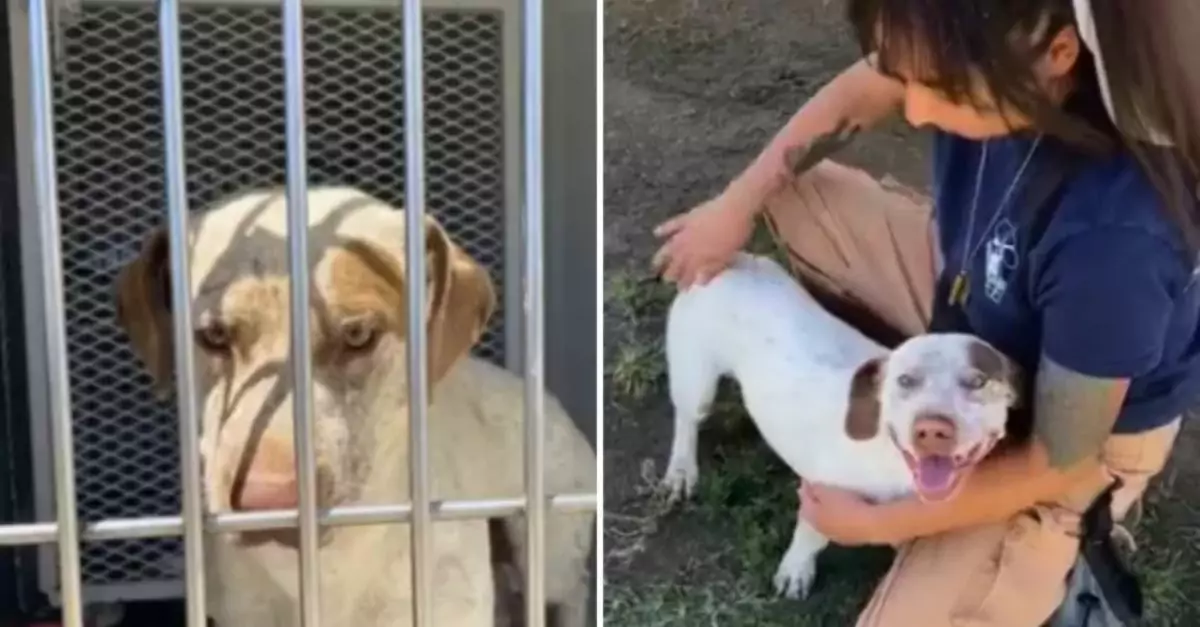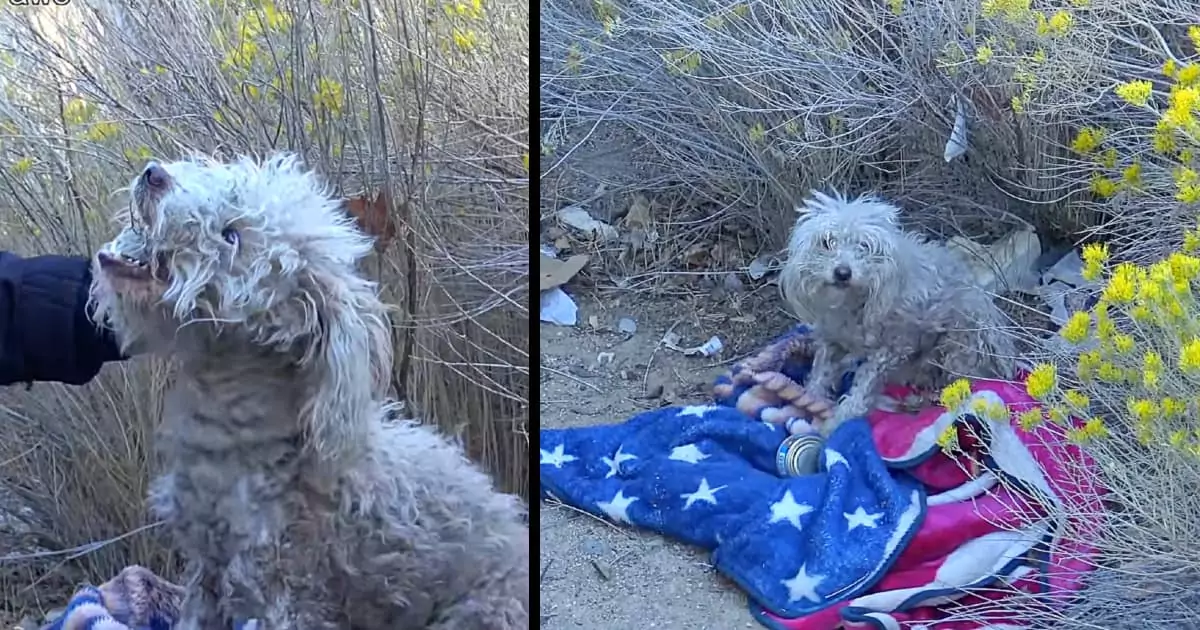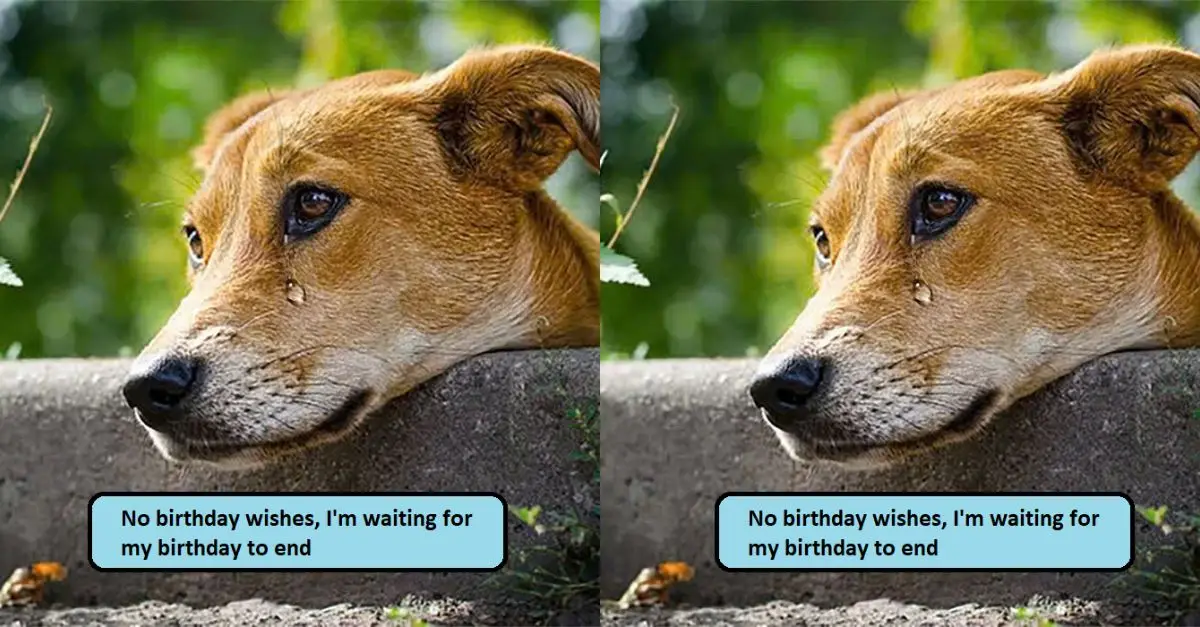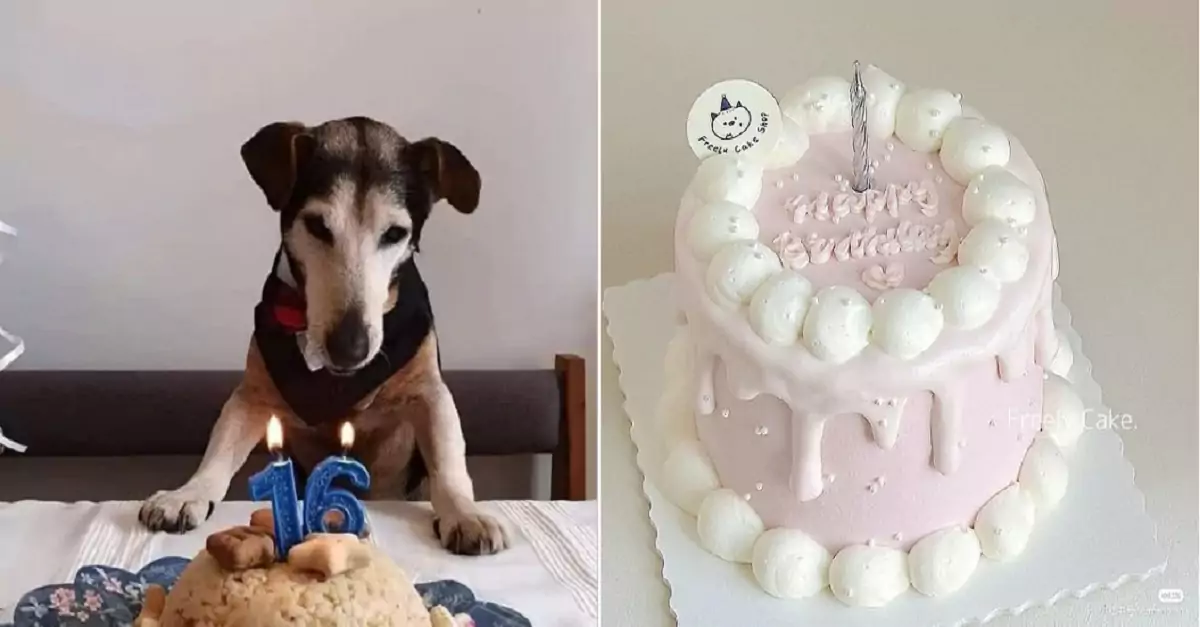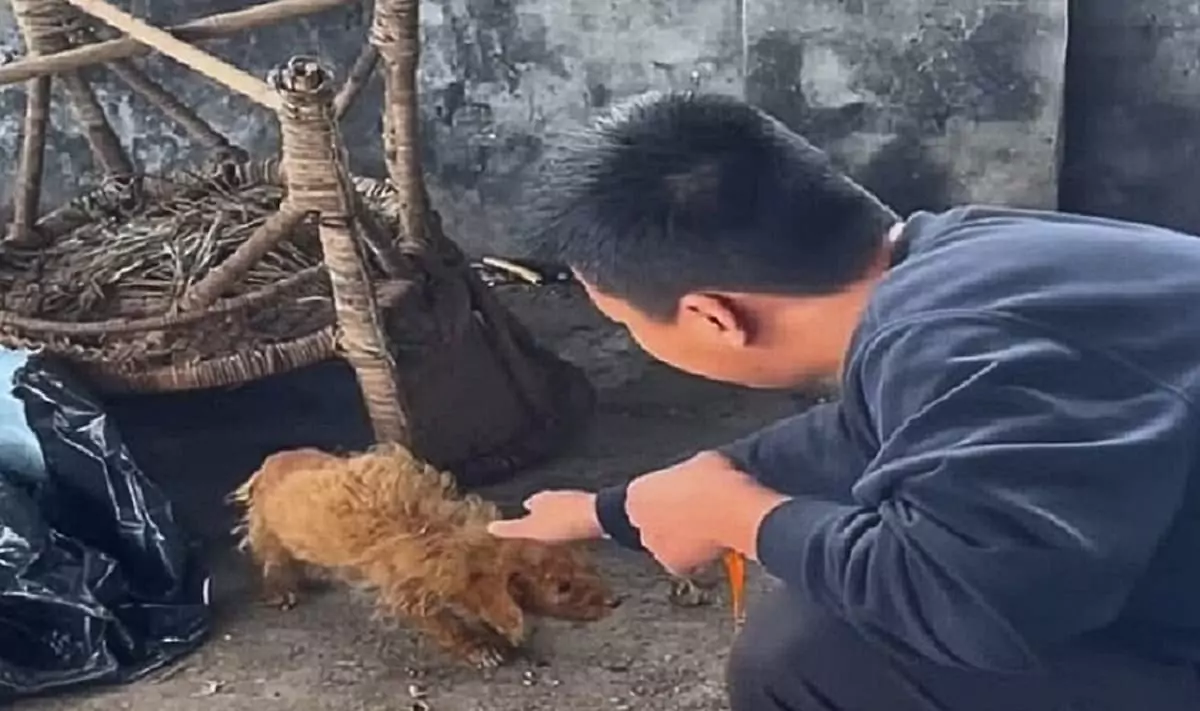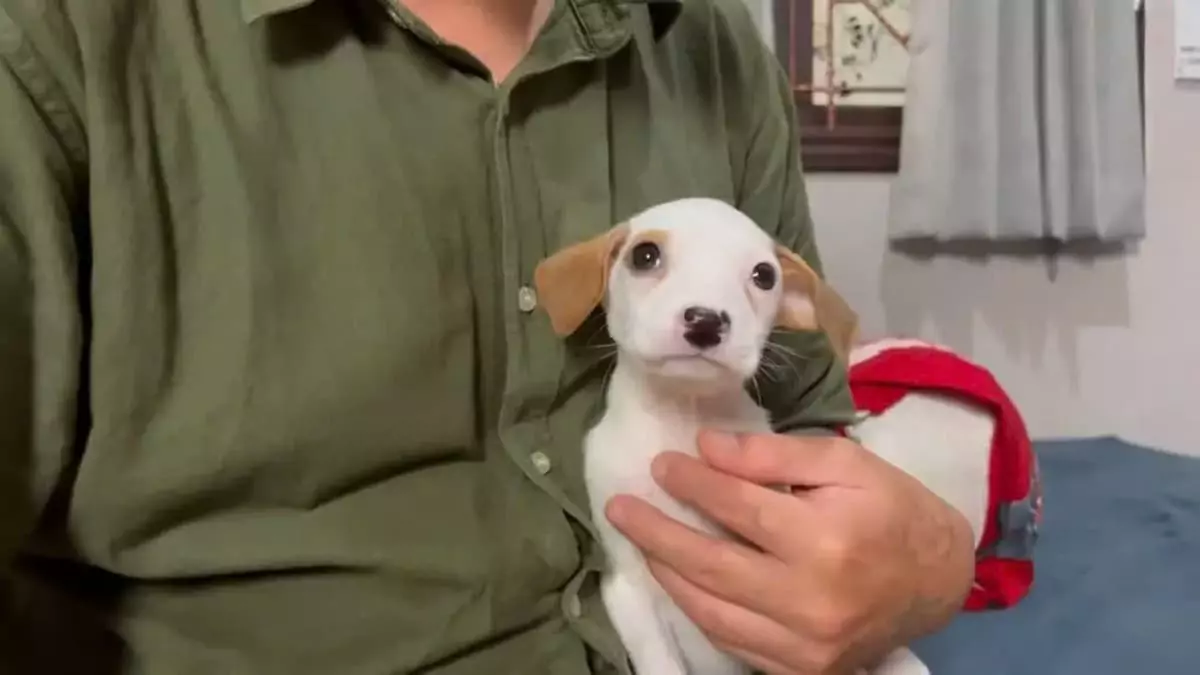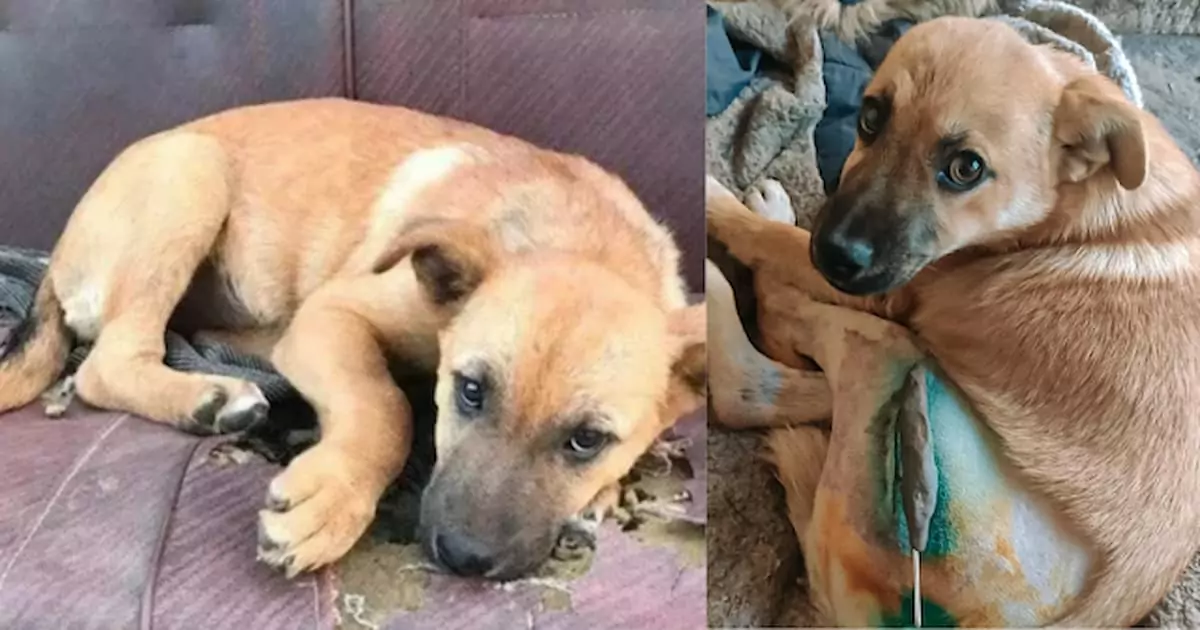On the crowded streets of Manila, where life moved fast and most people hurried past each other without a glance, there was once a quiet friendship that touched the hearts of anyone who stopped long enough to notice.
It was between an old beggar named Mang Elias and a stray dog named Tabo.
Mang Elias had lived on the streets for decades. He had no home, no family left, and no one to call his own—until one rainy night when he found a soaked, shivering puppy curled up under an awning near the wet sidewalk. The puppy was scared and hungry, his ribs clearly showing through his thin fur.

Mang Elias didn’t have much. Just a torn umbrella, an old coat, and a few coins he had begged that day. But he tore a piece of his own bread and placed it gently in front of the puppy.
“Here you go, little one,” he whispered. “You and I… we don’t have much. But maybe we can have each other.”
From that day on, they were inseparable.
He named the pup Tabo, after the small plastic scoop used to bathe in the Philippines — simple, practical, but essential. Tabo followed Elias everywhere. He waited beside him when he begged for coins outside the same bakery each morning. When Elias got food, he always gave Tabo the first bite. At night, the dog curled beside the old man, guarding him against the cold and dangers of the street.

To many, they were just another pair of forgotten souls on the roadside. But to each other, they were family.
Years passed. Mang Elias grew older and weaker. His back hunched, his voice softened, and walking became harder. Still, Tabo never left his side. When Elias was too weak to beg, Tabo would sit patiently nearby, drawing sympathy from kind-hearted strangers who often left scraps or change. He learned where to find leftovers, and sometimes he’d return with pieces of food, dropping them into his friend’s lap proudly.
Then one morning, Mang Elias didn’t wake up.

The street vendors who knew him well tried to rouse him. But he was gone — peacefully, under the same awning where he had once found Tabo.
Tabo didn’t understand at first. He nudged Elias’s hand. He whined and licked his face, waiting. But the old man didn’t move.
When they came to take Mang Elias’s body, Tabo barked and growled, trying to protect his friend. They had to gently pull him away. Some tried to adopt him, but Tabo refused to go. He returned to the same spot and waited.
Every day.
But what shocked the locals was what happened next. Despite being alone, Tabo continued to do what he had always done: search for food. But now, he would return with food in his mouth, carefully placing it beside the old sleeping mat — as if Mang Elias might still be there to receive it.
Bread, scraps, even bones — he brought them all back.

People watched in silence, their hearts aching. Even now, Tabo wouldn’t eat first. He waited. Then, after a while, he would curl up next to the empty mat, guarding it just like before.
He never stopped.
A local shop owner eventually built a small wooden shelter beside the wall where Mang Elias used to sit. He placed a photo of the old man and wrote a sign:
“In memory of a friendship that even death couldn’t break.”
Today, Tabo still lives there, now fed and cared for by the neighborhood. He’s older now, and his muzzle has turned gray. But every morning, he still leaves. He still searches for food. And he still comes back, placing his finds beside the memory of his best friend — the man who once gave him bread, warmth, and love when the world had forgotten them both.
Because loyalty like Tabo’s doesn’t end with goodbye. It lives on… in every step, every act of kindness, and every scrap of food offered in love.

